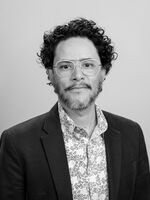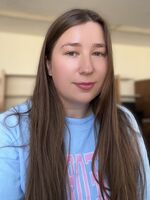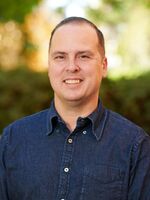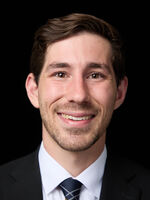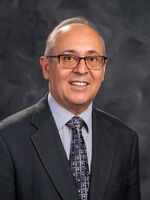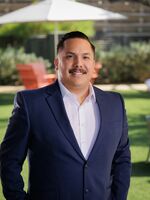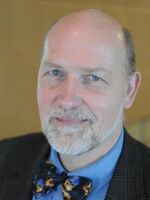Farida Sohrabji, PhD, FAHA
Presentation Title: "Targeting the gut to improve brain health after ischemic stroke"
Farida Sohrabji is Regents Professor and Head of Neuroscience and Experimental Therapeutics, where she holds the John and Maurine Cox Endowed Chair at Texas A&M University. She obtained her doctoral degree from the University of Rochester (NY), with post-doctoral training at Columbia University (NY).
Dr. Sohrabji directs a federally funded preclinical research program that focuses on the pathophysiology of ischemic stroke, a leading risk factor for Alzheimer’s Disease and related dementia; and developing novel treatments for this devastating disease. Her lab was the first to show that estrogen treatment to older acyclic females was not neuroprotective for stroke. These studies accurately anticipated the Women’s Health Initiative studies and set off a series of studies to identify stroke neuroprotectants that would be effective in this older female population. Subsequently, her lab is one of a small number of labs that has shown that stroke neuroprotectants may be effective in only one sex. In view of the translational failures in stroke, these findings are critical for the design of preclinical studies and underscores the importance of Sex as a Biological Variable. Recent research in her lab focuses on the role of the gut microbiome, gut metabolites and gut permeability after stroke.
Dr. Sohrabji is University Distinguished Professor, a Fellow of the American Heart Association (Stroke Council) and the International Behavioral Neuroscience Society. She is Founder and Director of the Women’s Health in Neuroscience Program and a strong advocate for the inclusion of gender/sex differences in biomedical research. She was a member of the Advisory Council of the Office of Research on Women’s Health and recently served on the National Academy of Science, Engineering and Medicine writing group for Chronic Conditions in Women (published in 2024). Recent honors include Outstanding Research Award from the International Behavioral Neuroscience Society 2024 and Association of Former Students 2024 Distinguished Achievement Award in Research.


